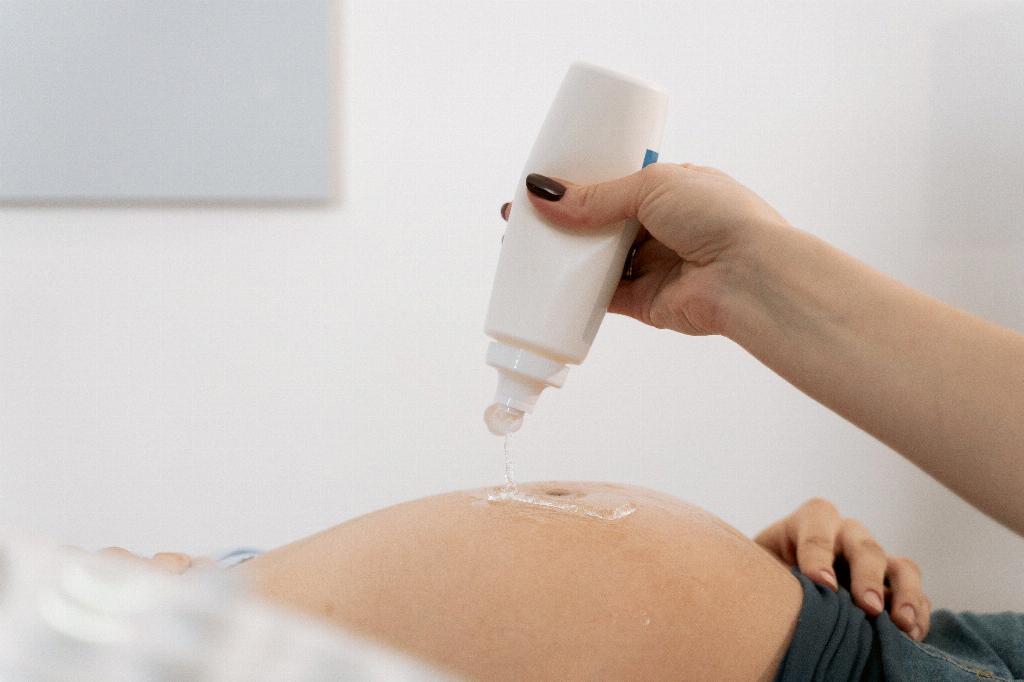For many individuals, the thought of getting a cervical exam can evoke feelings of anxiety and discomfort. It’s important to acknowledge that the experience of pain during a cervical exam can vary significantly from person to person. Factors such as past trauma, pelvic floor issues, and the stage of pregnancy can all impact how painful or uncomfortable the exam may feel.
Individuals who have a history of trauma, whether related to sexual experiences or past medical procedures, may find that the process of a cervical exam triggers difficult emotions and physical sensations. It’s crucial for healthcare providers to approach these exams with sensitivity and understanding, taking into account the individual’s unique history and offering support throughout the procedure.
Furthermore, individuals who experience pelvic floor pain or dysfunction may also be more sensitive during cervical exams. The presence of conditions such as vulvodynia or vaginismus can heighten sensations of discomfort or pain during the exam. It’s essential for healthcare providers to be aware of these conditions and to adapt their approach to minimize potential discomfort.
It’s worth noting that many individuals report an increase in sensitivity in their genital areas during late pregnancy. As the body prepares for childbirth, the cervix undergoes changes that can make exams feel more uncomfortable. This heightened sensitivity, combined with the physical changes of pregnancy, can contribute to the potential for increased pain during cervical checks.
Healthcare providers play a crucial role in managing pain and discomfort during cervical exams. Open communication between the individual and their provider is key in ensuring a more comfortable experience. Individuals should feel empowered to express their concerns and preferences during the exam, as this can help the provider adjust their approach to minimize discomfort.
Providers can also incorporate strategies to help reduce pain during cervical exams. Techniques such as relaxation exercises, deep breathing, and gentle guidance can all contribute to a more positive experience for the individual. Additionally, using a smaller speculum or applying a water-based lubricant can help decrease sensations of pressure or discomfort.
For some individuals, the fear of pain during cervical exams may lead to avoidance of necessary healthcare screenings. It’s vital to address these concerns and work with healthcare providers to find solutions that promote regular screenings while also prioritizing the individual’s comfort and well-being.
Ultimately, whether or not getting your cervix checked hurts can depend on a variety of factors, from past experiences to physical conditions and the stage of pregnancy. By being proactive in communicating your needs and preferences with your healthcare provider, you can work together to create a more positive and comfortable experience during cervical exams.

